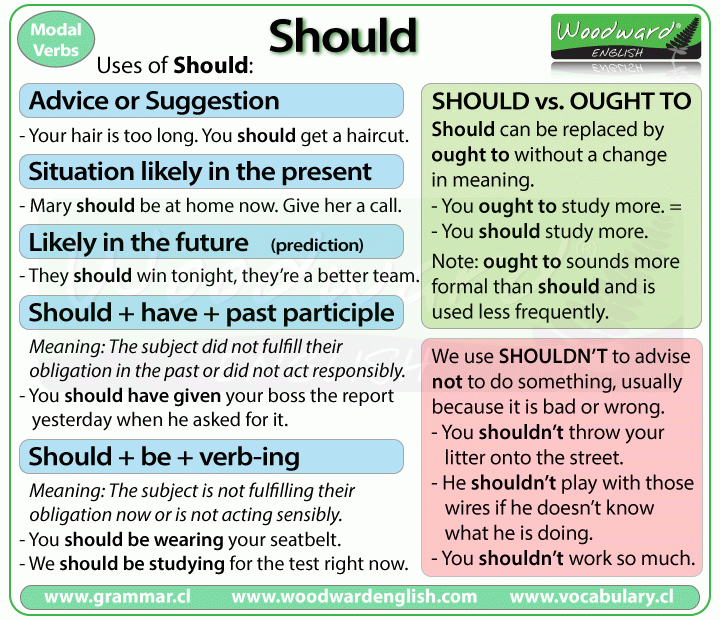14 Week Ultrasound: A Comprehensive Guide for Expecting Parents
The 14-week ultrasound is a pivotal milestone in prenatal care, offering a comprehensive examination of your baby’s development. This non-invasive procedure provides valuable insights into your baby’s health, growth, and well-being, empowering you to make informed decisions throughout your pregnancy.
During this ultrasound, your healthcare provider will assess various aspects of your baby’s anatomy, including their size, heartbeat, and organ development. This information is crucial for monitoring your baby’s progress and detecting any potential abnormalities early on, allowing for prompt intervention and management.
14 Week Ultrasound

At 14 weeks, your baby is the size of a lemon and weighs about 1 ounce. The baby’s head is about half the size of its body, and the eyes are starting to develop. The baby’s heartbeat can be heard through a Doppler ultrasound.
During the 14-week ultrasound, the doctor will check the baby’s growth and development. The doctor will also look for any abnormalities.
What to Expect During the Ultrasound
The 14-week ultrasound is usually done transvaginally. This means that the ultrasound probe is inserted into the vagina. The probe emits sound waves that create images of the baby.
The ultrasound may take about 15 minutes. You may feel some pressure or discomfort during the ultrasound, but it should not be painful.
What the Ultrasound Can Show
The 14-week ultrasound can show the following:
- The baby’s size and growth
- The baby’s heartbeat
- The baby’s position in the uterus
- The amount of amniotic fluid
- Any abnormalities
Common Queries
What is the purpose of a 14-week ultrasound?
The 14-week ultrasound is performed to assess your baby’s growth and development, detect any potential abnormalities, and determine the baby’s gestational age.
How is a 14-week ultrasound performed?
During the ultrasound, you will lie on a table while a transducer is gently moved over your abdomen. The transducer emits sound waves that create images of your baby on a monitor.
Is a 14-week ultrasound safe?
Yes, 14-week ultrasounds are considered safe and do not pose any known risks to the mother or baby.
What are the limitations of a 14-week ultrasound?
While 14-week ultrasounds are highly effective, they may not be able to detect all abnormalities. In some cases, further testing may be necessary.
What should I do if I have concerns after my 14-week ultrasound?
If you have any concerns about your baby’s development or the results of your ultrasound, it is important to discuss them with your healthcare provider.





